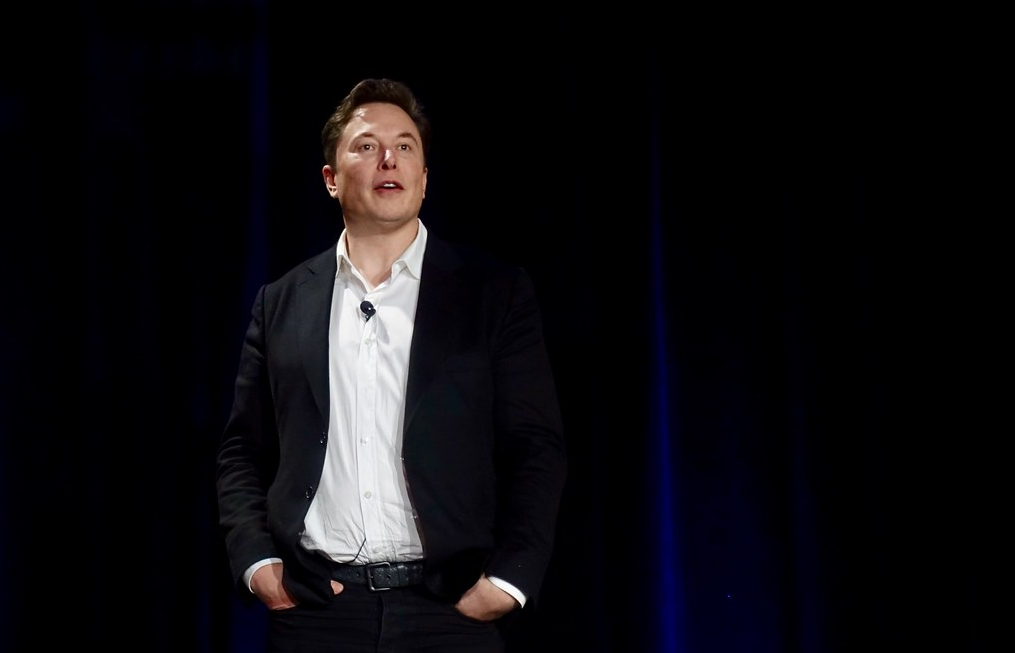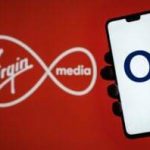
Elon Musk’s bid to take over Twitter and turn it into a private company has apparently been successful. Now the real action begins. Musk’s buyout exposes the Big Digital media complex to unwanted and unwonted competition, while threatening to loosen its near-total control of information and opinion. Twitter has represented a vital component in an information configuration that has barred competitors and participants from the digital sphere by means of progressive criteria, including wokeness, political fealty, and obedience to official state dictates and narratives.
The response to the Twitter takeover by the arbiters of acceptable expression has been as hysterical as it has been swift. The New York Times, the American Civil Liberties Union (ACLU), Media Matters for America, members of the establishment professoriate, and other “experts” have rushed to fortify the defensive forces against free speech.
Angelo Carusone, president of Media Matters, described the sale of Twitter to Mr. Musk as
a victory for disinformation and the people who peddle it. Musk could unleash a wave of toxicity and harassment and undo Twitter’s efforts to increase quality engagement and make its platform safer for users….
This potential deal is about much more than the future of Twitter. A sale to Elon Musk without any conditions will pollute the entire information ecosystem by opening the floodgate of hate and lies. Twitter’s board needs to take this into account now before the deal is done.
Despite the special pleading for safe spaces, Carusone is right about one thing. The deal is about more than the future of Twitter. As if it wasn’t already obvious, the Twitter board’s earlier attempt to foil Musk’s seizure of the company with a poison pill betrayed the true nature of the Big Tech cartel member. It has not operated as a for-profit, free-market competitor but rather as a vital component in a carefully curated monopolistic information bubble that it has helped to cultivate and maintain, and within which it has not needed to compete.
Musk’s commitment to free speech has raised the hackles of the establishment gatekeepers, who ironically figure free speech as a “threat to democracy.” Alluding to Twitter’s state functions, California State East Bay professor of communication and history Nolan Higdon said that Musk’s acquisition makes “democracy less and less likely to work as it’s designed.” Democracy here does not mean equal representation in the public sphere but rather the preordained domination of a particular “democratic” ideology. This ideology is defined by the imperatives of “diversity, equity, and inclusion,” which are expressed in terms of acceptable and protected identities and politics.
Human rights groups fret that Musk’s commitment to free speech will endanger supposedly beleaguered identity groups, who will be harmed by other people’s speech given the possibility that Twitter’s restrictive algorithms will be overwritten. “Regardless of who owns Twitter,” wrote digital rights researcher and advocate at Human Rights Watch Deborah Brown, “the company has human rights responsibilities to respect the rights of people around the world who rely on the platform. Changes to its policies, features, and algorithms, big and small, can have disproportionate and sometimes devastating impacts.”
The claim that speech can “harm” others of its own accord is by now the typical pretense of the special snowflake totalitarian for shutting down the speech of those deemed intolerable. Meanwhile, the New York Times relentlessly smears Musk and with FT has announced a timely exposé on the automobile mogul. And rumor has it that woke advertisers may orchestrate a full-scale boycott of Twitter.
But much more is at stake than reining in errant opinion or disciplining a supposedly renegade capitalist like Musk. Big Digital companies like Twitter have assumed oversight and control functions formerly accorded governments. These functions have been delegated to such corporate assets as Twitter, Facebook, Google, YouTube, and others, thus deputizing them as state agents while augmenting the power and penetration of the state. These governmental functions include shaping the political field itself.1
Twitter has operated as a political-state apparatus—a propaganda, censorship, and (dis)information agent for the state, the state defined by Henry Hazlitt as “the clique in power.” Allowing one of these major assets to fall into the “wrong” hands jeopardizes those functions and casts new doubt on the regime’s ability to squash dissent and control the population.
1. The term “political field,” defined by the French sociologist Pierre Bourdieu, refers to a particular kind of social terrain: a bounded space of struggle over political power that is structured by rules of access, where resources are differentially distributed among players and the set of legitimate positions on questions of government is constrained—that is, some political positions are beyond the boundaries of legitimate discourse. (Stephanie Lee Mudge, “THE STATE OF THE ART: What Is Neo-liberalism?,” Socio-economic Review 6 (2008): 703–31, esp. 707.)






